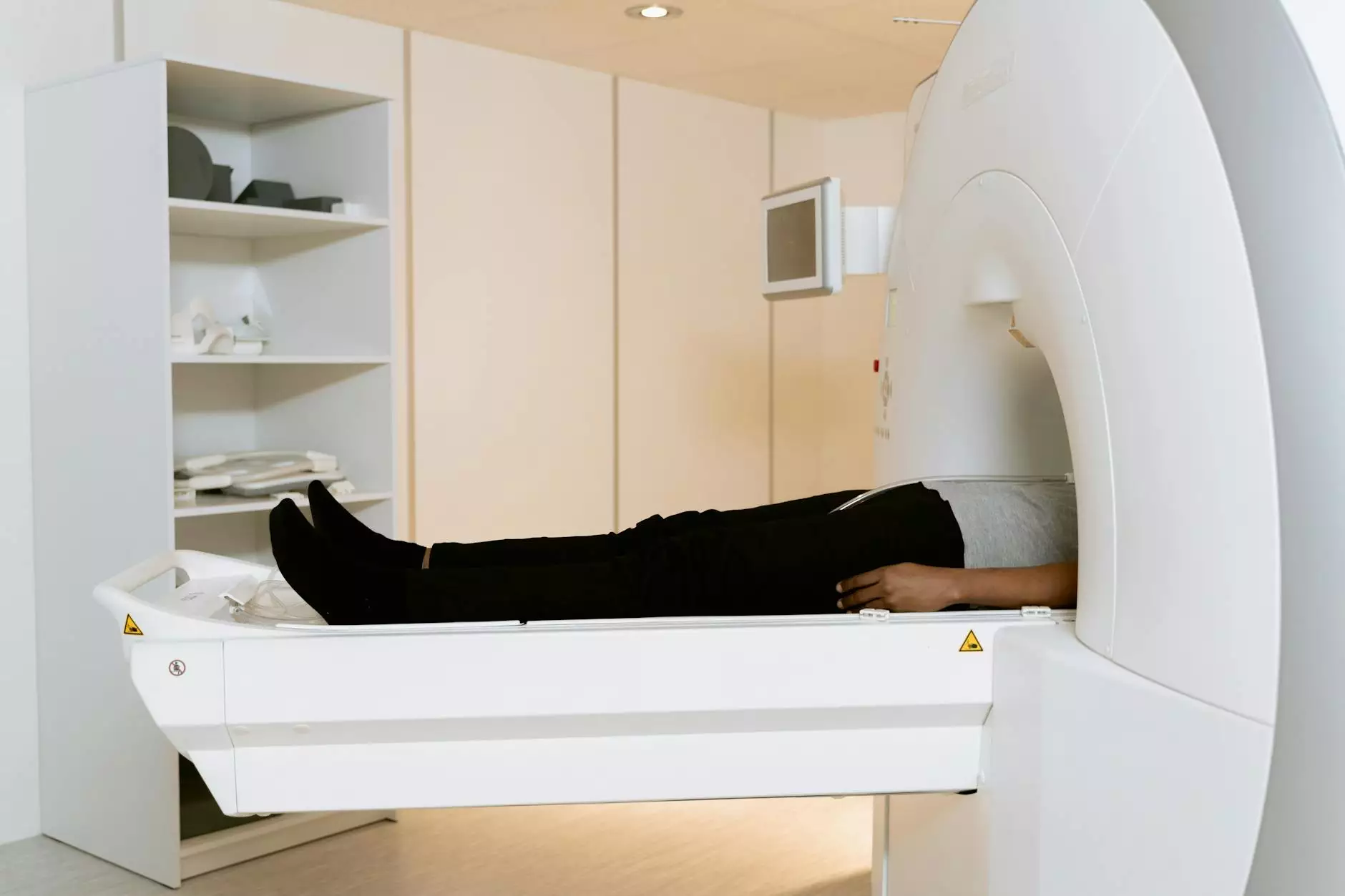Exploring the Dynamic World of Biomedical Engineering Careers

In the fast-paced and ever-evolving field of biomedical engineering, a wealth of career opportunities awaits. This article delves into the diverse job roles available, the skills required, and the factors contributing to the industry’s growth. Whether you’re a fresh graduate or looking to transition into this field, understanding the landscape of biomedical engineering jobs can provide you with a strategic advantage in your career journey.
What is Biomedical Engineering?
Biomedical engineering is a multidisciplinary field that combines principles of engineering, biology, and medical sciences to design and create innovative devices, systems, and solutions that enhance healthcare. From developing life-saving medical equipment to conducting crucial research in regenerative medicine, biomedical engineers play a vital role in improving patient outcomes.
Why Choose a Career in Biomedical Engineering?
Opting for a job in biomedical engineering is a decision that can lead to a fulfilling and impactful career. Here are some of the compelling reasons to consider this field:
- Impactful Work: Biomedical engineers contribute significantly to improving healthcare systems and patient care through innovation.
- Diverse Career Opportunities: The field offers a wide range of job roles, from research and development to clinical engineering and regulatory affairs.
- Continuous Learning: The rapid advancements in technology and medicine mean that biomedical engineers are constantly challenged and exposed to new knowledge.
- Competitive Salaries: Careers in biomedical engineering often come with attractive compensation packages due to the high demand for skilled professionals.
- Collaborative Environment: Biomedical engineers often work alongside healthcare professionals, providing a team-oriented work setting that is both rewarding and engaging.
Key Skills Required for Biomedical Engineering Jobs
A successful career in biomedical engineering requires a combination of technical expertise and interpersonal skills. Here are some key competencies that can enhance your employability:
- Technical Proficiency: Strong understanding of engineering principles, biology, and human anatomy.
- Problem-Solving Skills: Ability to analyze complex problems and develop effective solutions.
- Communication Skills: Strong verbal and written communication abilities to interact with technical and non-technical stakeholders.
- Project Management: Experience in managing projects, timelines, and budgets effectively.
- Attention to Detail: Precision is crucial in designing and testing biomedical devices and systems.
Common Job Titles in Biomedical Engineering
The field of biomedical engineering encompasses a variety of roles. Here are some common job titles you might encounter:
- Biomedical Engineer: Responsible for designing and developing medical devices and technologies.
- Clinical Engineer: Works in healthcare settings to manage medical equipment and ensure its safe operation.
- Regulatory Affairs Specialist: Navigates the regulatory landscape to ensure compliance for medical products.
- Research Scientist: Conducts studies and trials to advance biomedical knowledge and technologies.
- Quality Assurance Engineer: Ensures that products meet industry standards and regulations.
Education and Qualifications Needed
To pursue a job in biomedical engineering, aspiring candidates typically need to hold at least a bachelor’s degree in biomedical engineering or a related field. Many positions, especially in research and academia, may require advanced degrees such as a master’s or Ph.D. Here are the common educational pathways:
- Bachelor’s Degree: A foundational degree covering principles of engineering, biology, and medical systems.
- Master’s Degree: Specialization in areas such as bioengineering, biomaterials, or medical devices.
- Ph.D.: Necessary for advanced research roles or academic positions.
Job Outlook for Biomedical Engineers
The job outlook for biomedical engineering is exceptionally promising. According to the Bureau of Labor Statistics, employment of biomedical engineers is projected to grow by 6% from 2020 to 2030, which is faster than the average for all occupations. This growth is driven by an aging population and the continual need for innovative medical solutions.
Where to Find Biomedical Engineering Jobs?
When searching for a job in biomedical engineering, there are several avenues to explore:
- Job Boards: Websites like Job4U.ae offer specialized listings for biomedical engineering positions.
- Company Websites: Directly visiting the websites of medical device manufacturers, hospitals, and research institutions can yield job postings.
- Networking: Engaging with professionals in the field through platforms like LinkedIn or attending industry conferences can lead to job opportunities.
- Employment Agencies: Agencies that specialize in healthcare placements can help identify suitable jobs based on your skills and experience.
- Academic Institutions: University career services often have job boards and internships that cater to students and alumni.
Tips for Landing a Job in Biomedical Engineering
Securing a job in biomedical engineering can be competitive. Here are some essential tips to enhance your job search:
- Build a Strong Resume: Highlight relevant education, internships, and projects that demonstrate your skills and experience.
- Customize Your Cover Letter: Tailor your cover letter for each application, emphasizing why you’re a perfect fit for the specific role.
- Prepare for Interviews: Research common interview questions in the field and practice articulating your thoughts clearly and confidently.
- Stay Updated: Keep abreast of the latest trends, technologies, and regulations in biomedical engineering through continuous learning.
- Participate in Internships: Gaining practical experience through internships can significantly enhance your employability.
Conclusion
In conclusion, a career in biomedical engineering offers numerous opportunities to make a significant impact in the healthcare sector. With the right education, skills, and determination, you can carve a successful path in this rewarding field. Whether you aspire to design cutting-edge medical devices or contribute to groundbreaking research, the possibilities are vast and promising. Start your journey today on platforms like Job4U.ae, where your dream job in biomedical engineering could be just a click away.
job biomedical engineering








